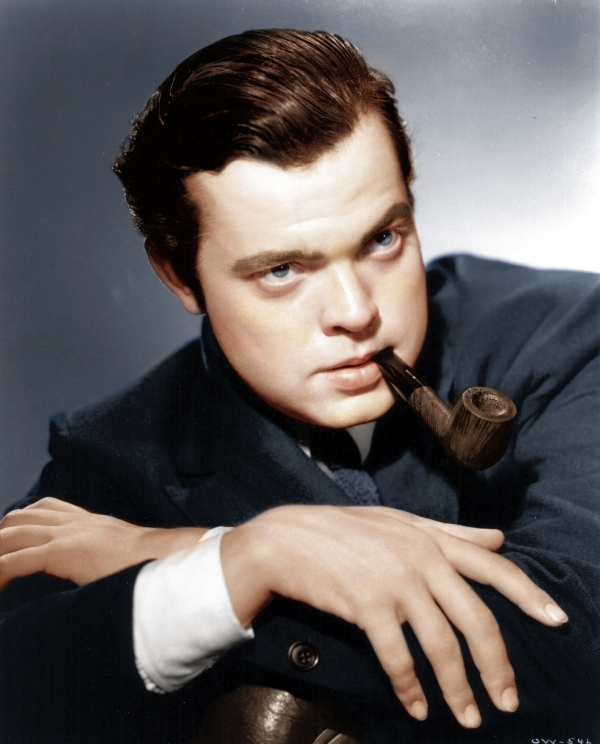VOX: He took naps in the projection booth and stayed up all night — making history the entire time. Born on May 6, 1915, Orson Welles would have celebrated his 100th birthday today. When he was still under 30, he became famous as one of radio and cinema’s greatest artists. But even after his greatest successes were behind him, he was addicted to his job — a workaholic through and through. As he recalled in Barbara Leaming’s Orson Welles: A Biography, in his youth Welles was always a dynamo fueled by his addiction to art. He lived the manic life of a New York actor juggling theater responsibilities with the Mercury Theatre, radio, and, soon enough, Hollywood. The only constant was that he never stopped. As he remembered years later: “I seemed to be able to go without any sleep at all.” Macbeth, which he directed in Harlem in 1936, is a perfect example of his early workflow: first he was on the radio from 9 to 6, and then work really began. After midnight, he finished radio rehearsals and headed to the theater. He snuck a nap in the projection booth and then rehearsed until dawn. After that, he took a stroll through Central Park, took a shower, and got right back to work again. That workaholic talent extended to others, too. He demanded that the script for The War of Worlds be rewritten in one all-nighter session. As described in Orson Welles: The Rise and Fall of an American Genius, he hired Howard Koch, future screenwriter of Casablanca, and had him work 20-hour days. After Welles aired The War of The Worlds, he went back to Danton’s Death — another play he’d been working on at the same time. Yes, Welles had a second job while he was creating the most legendary radio production in history. He didn’t sleep for two days, and he slept, ate, and directed from a couch in the center of the theater. MORE
CITIZEN KANE: How To Run A Newspaper

